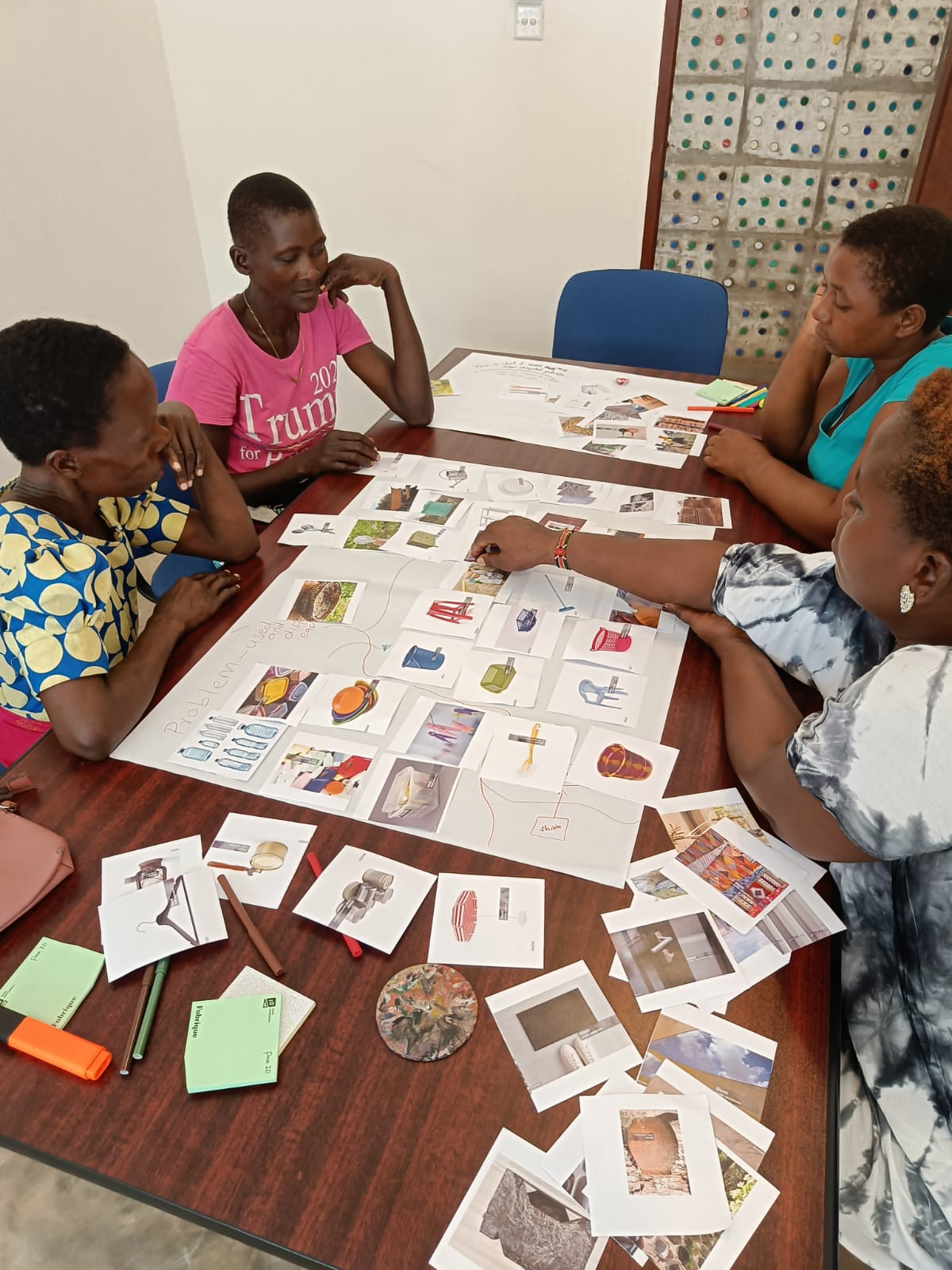Master Thesis: Expand EcoWorld's product portfolio with meaningful design for local Kenyan people made from collected plastic waste
Leander Hombergen conducted research for his Master’s Thesis in Design for Interaction at the IDE faculty in Watamu, Kenya. Collaborating with a local NGO called EcoWorld, he investigated the collection and recycling of plastic waste, with a focus on empowering local women and youth in the emerging economy. EcoWorld aims to transition towards a circular economy by closing the plastic waste loop and creating value through products for affordable local housing.
The research approach involved understanding the needs of the local end-users and co-creating products with them. By adopting this bottom-up approach, he ensured that the products aligned with local values, culture, and environment, enhancing their desirability.
His activities in Watamu comprised four design sprints. The initial two sprints involved gaining insights into the local community context through interviews and observations of their living conditions and perceptions of plastic pollution. Additionally, he researched their perception of recycled products and their understanding of plastic waste, aiming to gauge the material's possibilities and the market readiness for recycled plastic products. He also delved into EcoWorld’s operations to grasp the company's growth potential and its mission of creating economic opportunities. In these weeks, co-creation sessions were organized to design and create ideas together with the local community members, to involve them in the design process.
The final two weeks were dedicated to developing co-created ideas into prototypes. Collaborating with local employees, he experimented with various plastic types to create prototypes that could be produced locally and meet the end-users's needs. These prototypes were then presented to the local community for validation and feedback, which he brought back to the Netherlands to inform further research.
According to Leander, the collaboration with FAST helped him to dive deep into the local context and get close with the local community to learn from them and co-create towards possible solutions.
